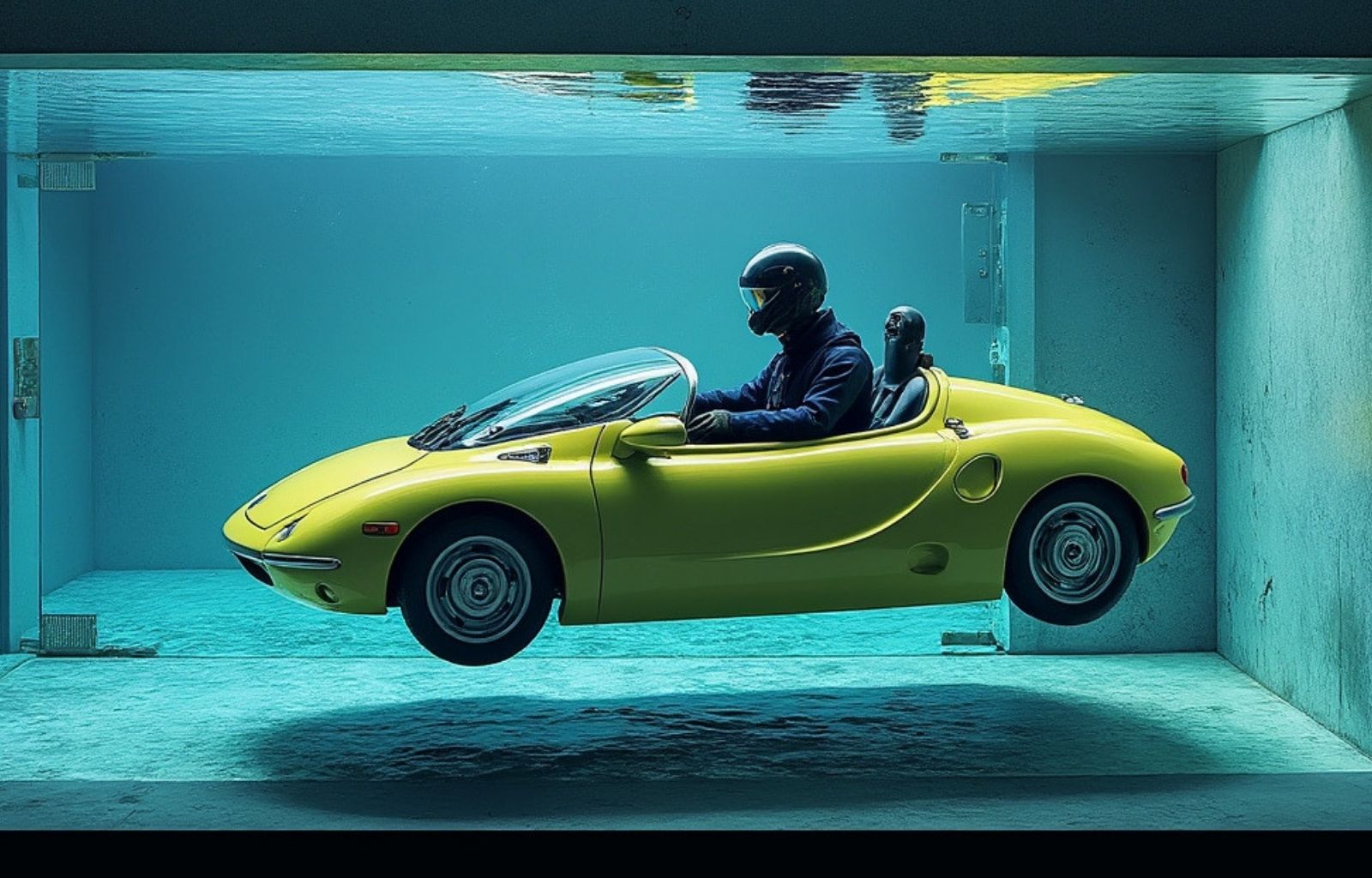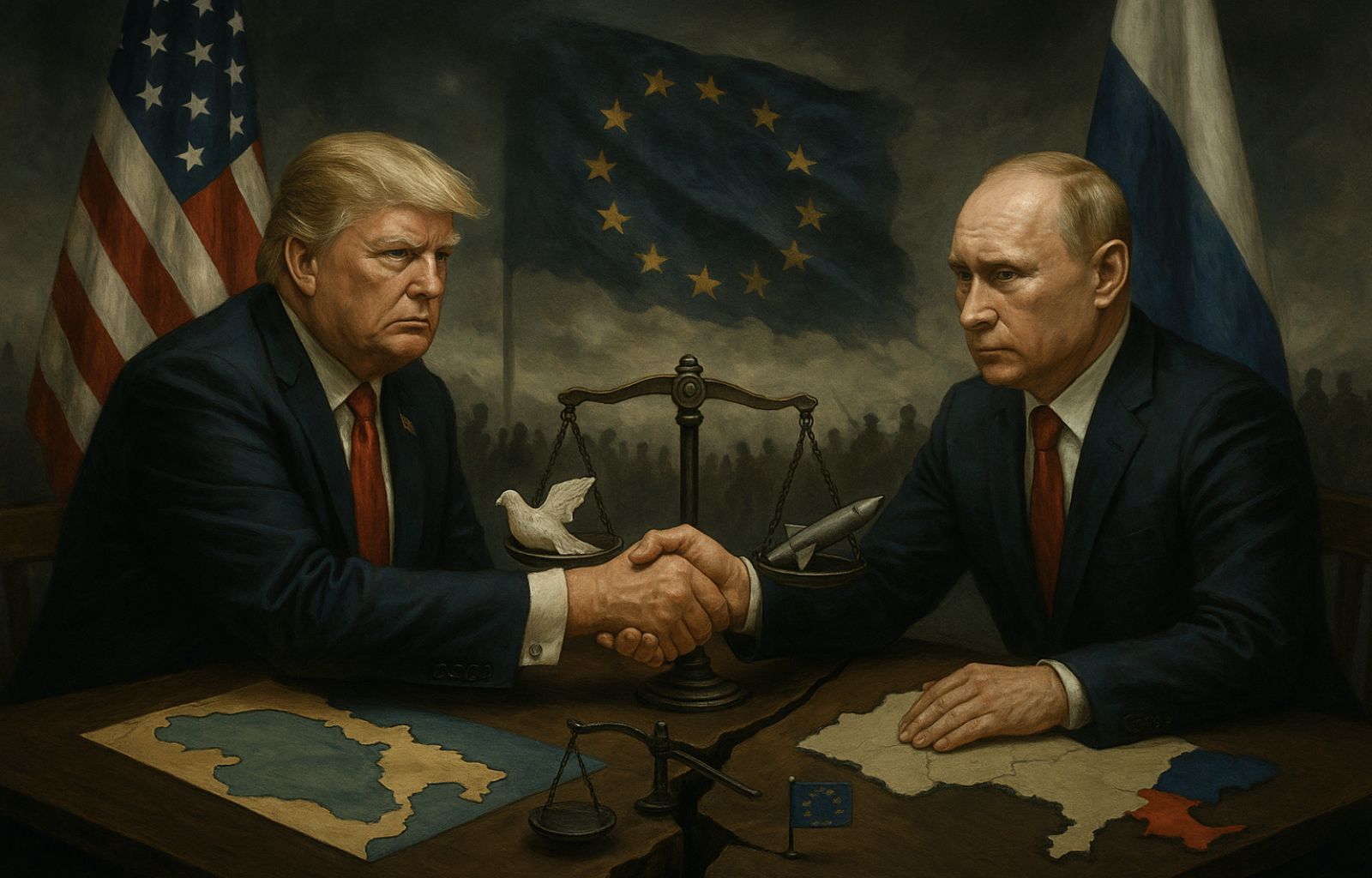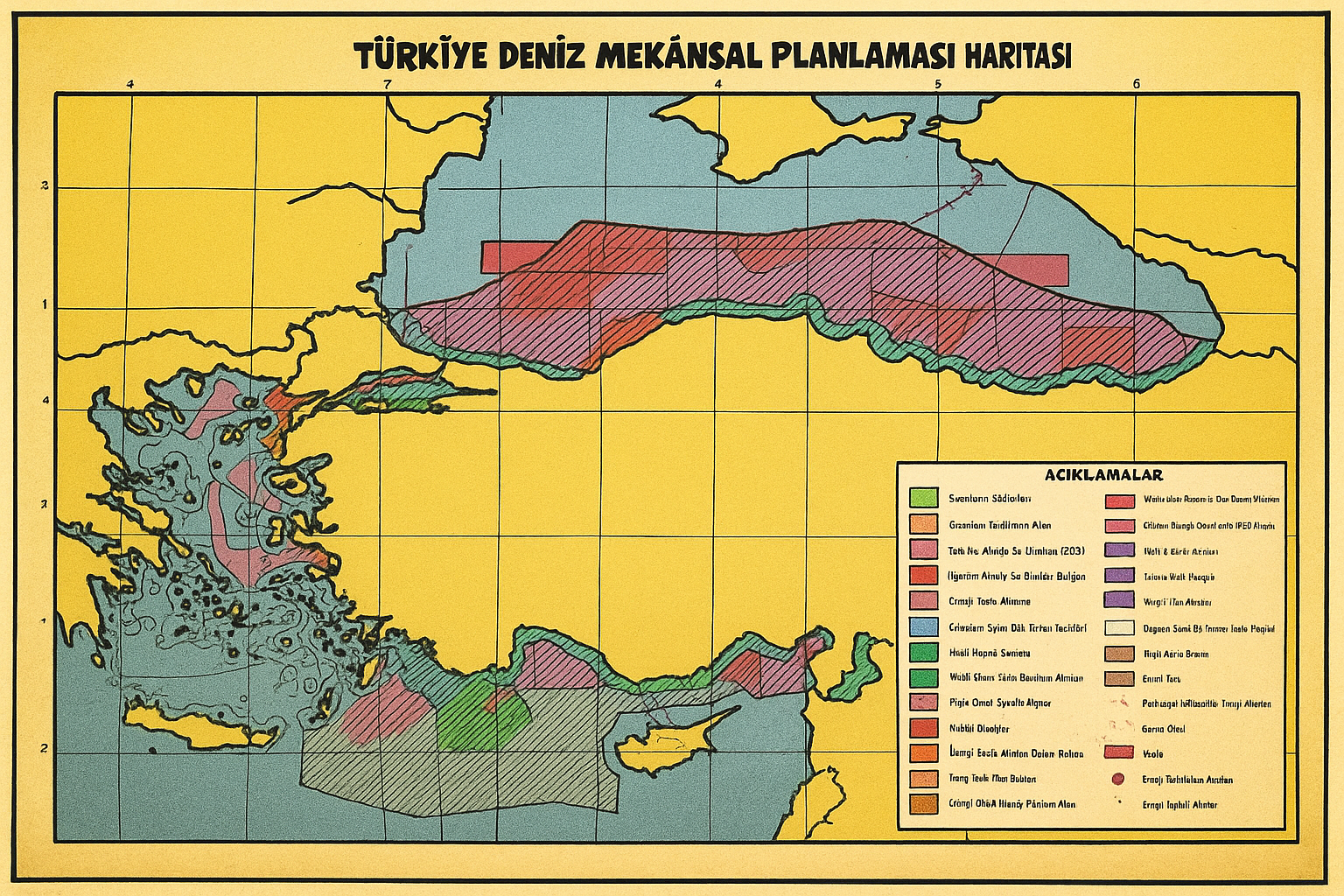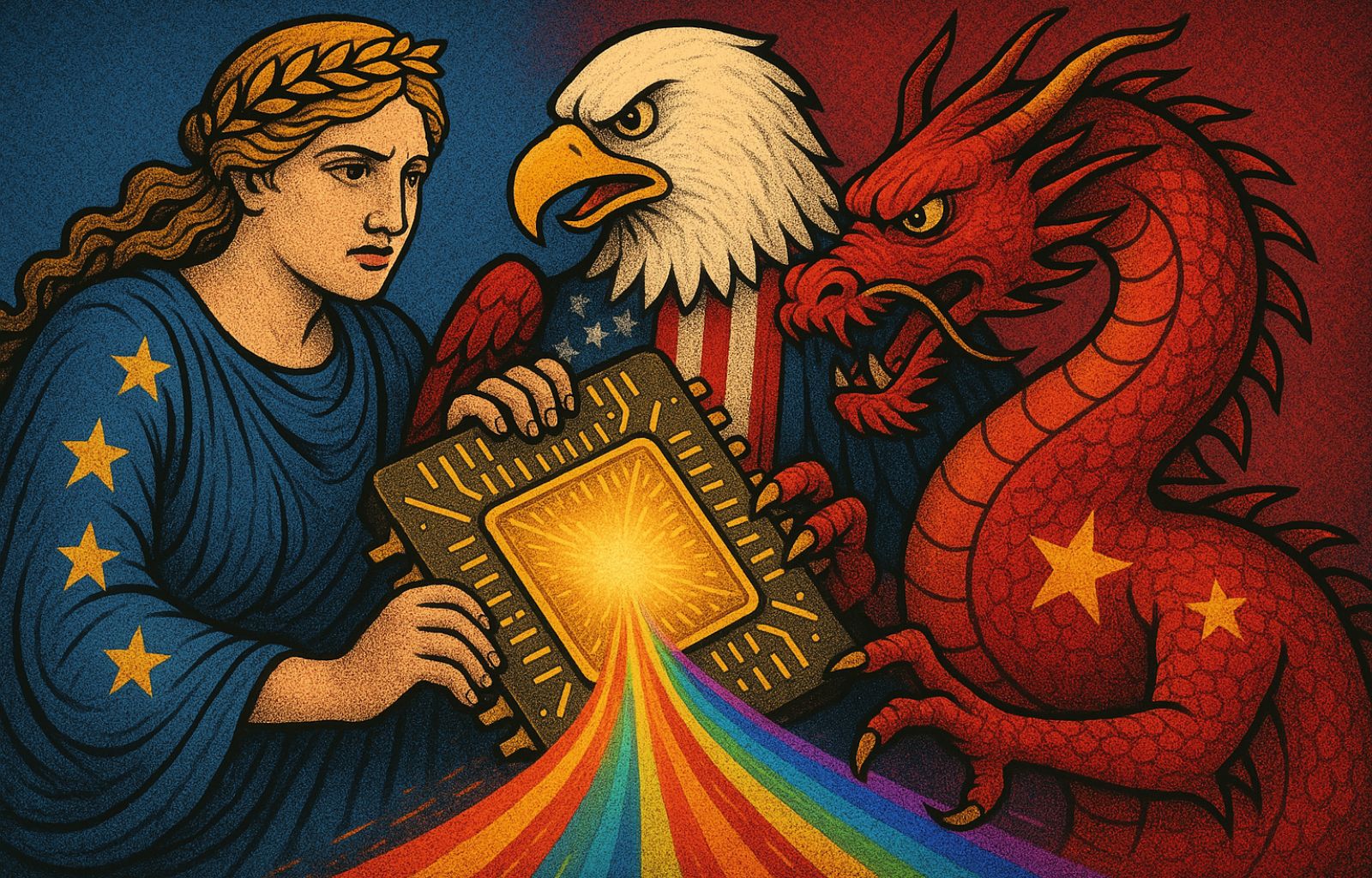Northvolt failure: Europe does not need autarky, but power strategy

Last Wednesday, Luca Angelini, from the pages of Corriere della Sera, posed a rhetorical question to readers on the subject of cars: “what if the reason for the slump in sales is simply that they cost too much?”
It would be all too convenient to fall into the demagogic temptation of putting the reasons for such unpopular prices down to the alleged greed of car manufacturers. In reality, as is often the case when supply and demand just can’t meet anymore, behind the staggering prices even for humble small cars lie a regulatory framework and regulations that are highly penalising for the entire sector. This is a European own-goal with many facets: above all, the lack of understanding of the fact that economic sustainability is the inescapable precondition for environmental sustainability, without the combination of which no service is rendered either to the planet or to the economic fabric.
The crusade against the endothermic engine
In this case, the EU’s crusade against the endothermic engine – fought in the form of tariffs on Chinese electric vehicles(demonisation of diesel and a ban on registrations from 2035) – is being conducted in a geopolitical framework that, on the contrary, would strongly suggest burying the trade war hatchet and mapping out new paths for the future of the European automotive industry. These roads cannot but pass through cooperation with powers and areas of the planet that are predominant in the supply chain of critical raw materials and indispensable components.
In fact, the autocratic ambition, which seems so laughable when advanced by some political forces on a national level, is no longer plausible when advocated on a continental scale.
It is no coincidence that, in such a scenario of global interdependence between powers that are extremely distant, both geographically and politically, the utopia of self-sufficiency systematically produces resounding thuds such as that of the Swedish company Northvolt, Europe’s leading producer of lithium batteries for electric vehicles.
The failure of Northvolt
Portrayed as a ‘unicorn’ by the jargon and storytelling of media looking for stories of successful young entrepreneurs in the green and tech sectors, Northvolt filed for bankruptcy in the US on 21 November. Yet, on its fate sealed since its founding in 2015 by two executives who had spun out of Tesla, the words of many industry professionals who have long warned that “it is unreasonable to expect the first pioneering company in ‘sovereign’ battery production in Europe to succeed” ring clear today .
With a debt of around 13 billion, the company’s net profit in 2023 was -1.167 billion dollars: a figure incredibly close to the billion euros Northvolt received just last January from the European Investment Bank, which described the package as ‘part of a $5 billion non-recourse financing project’ and representing ‘the largest European green deal debt transaction to date’.
To these must be added other European public funding from which the company has benefited over the years. However, Northvolt has failed to live up to all expectations, producing outputs that are quantitatively scarce and at prices that are not competitive with Asian competitors.
For example, in 2023, the actual production capacity of its gigafactories was 79.8 Megawatt hours, or a paltry 0.5 per cent of the planned 16 Gigawatt hours.
A geopolitical lesson
The lesson to be learnt from this is that, in the current geopolitical scenario, it is not so much companies that are strategic as international relations. A different strategy could have led to better results, e.g. by financing the construction of production plants in South America with reliable business partners such as Chile and Argentina (regarding the EU-Mercosur agreement).
Time is running out. While Beijing builds commercial ports in Peru, railways in Colombia and metro lines in Mexico, further faltering would definitively condemn Europe to irrelevance and subalternity in global commodity processes.
Let’s put it another way: sovereign and autonomous must be not the industry, but Europe’s political and diplomatic strategy. We cannot take refuge in an aquarium, but learn to swim in the open sea.











